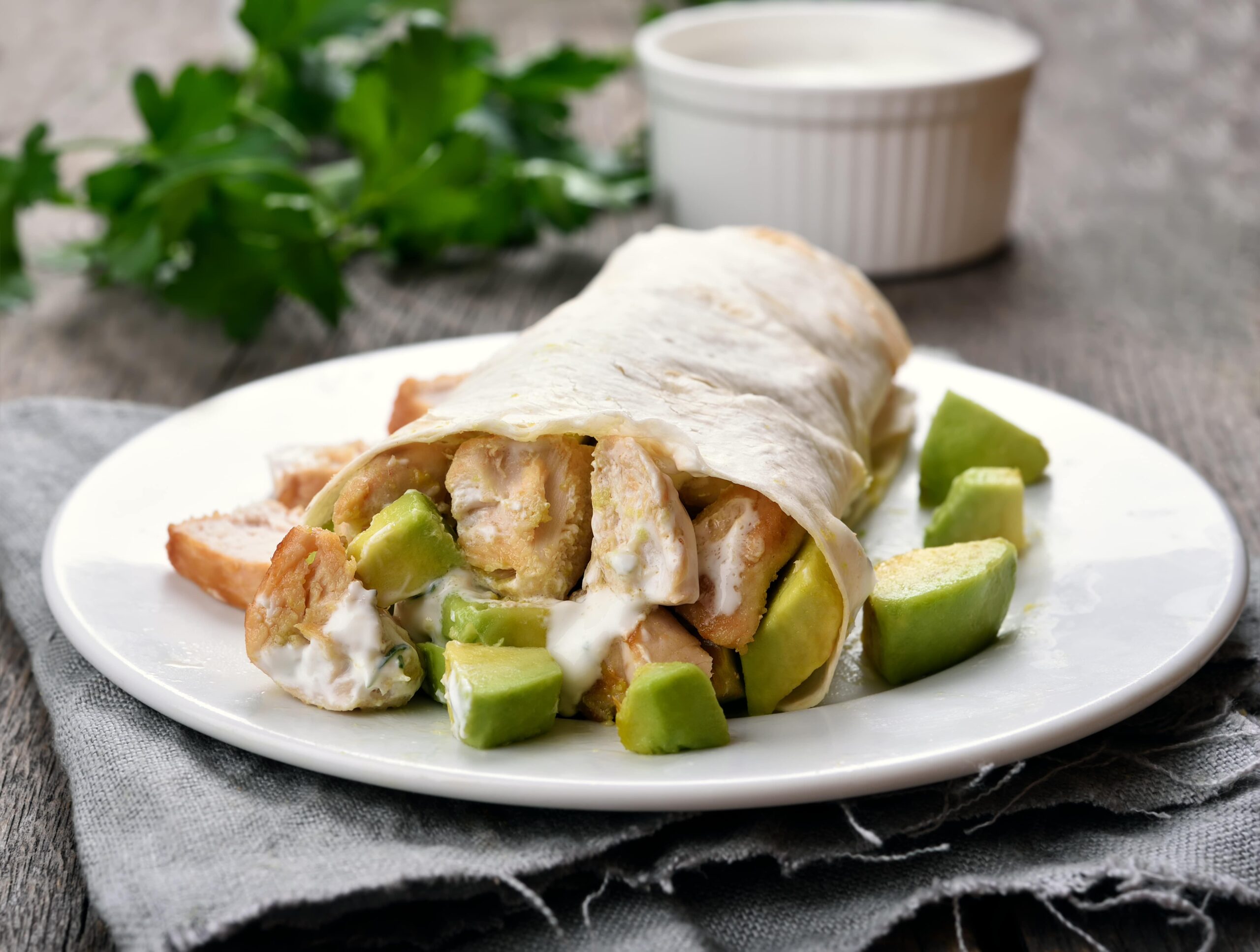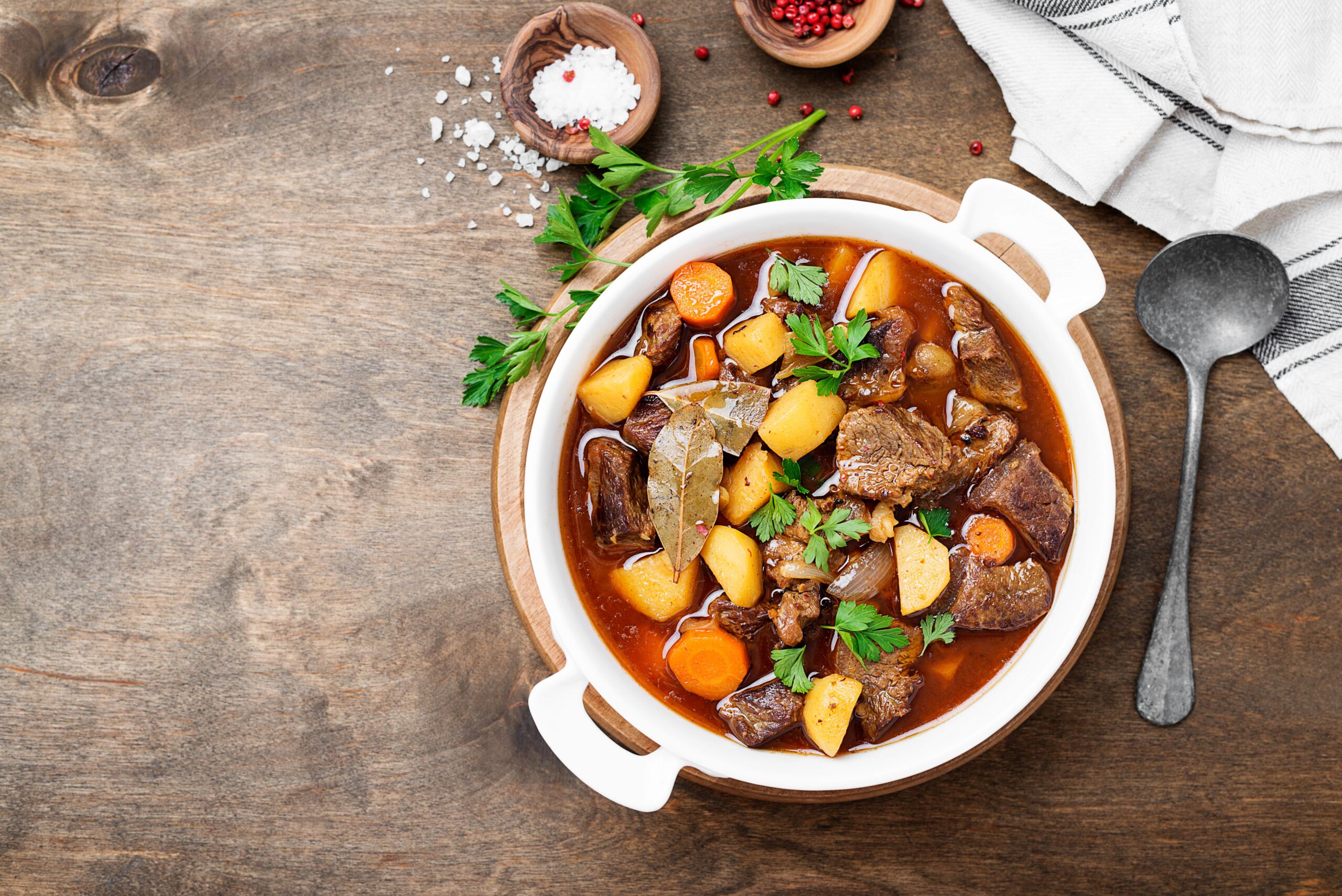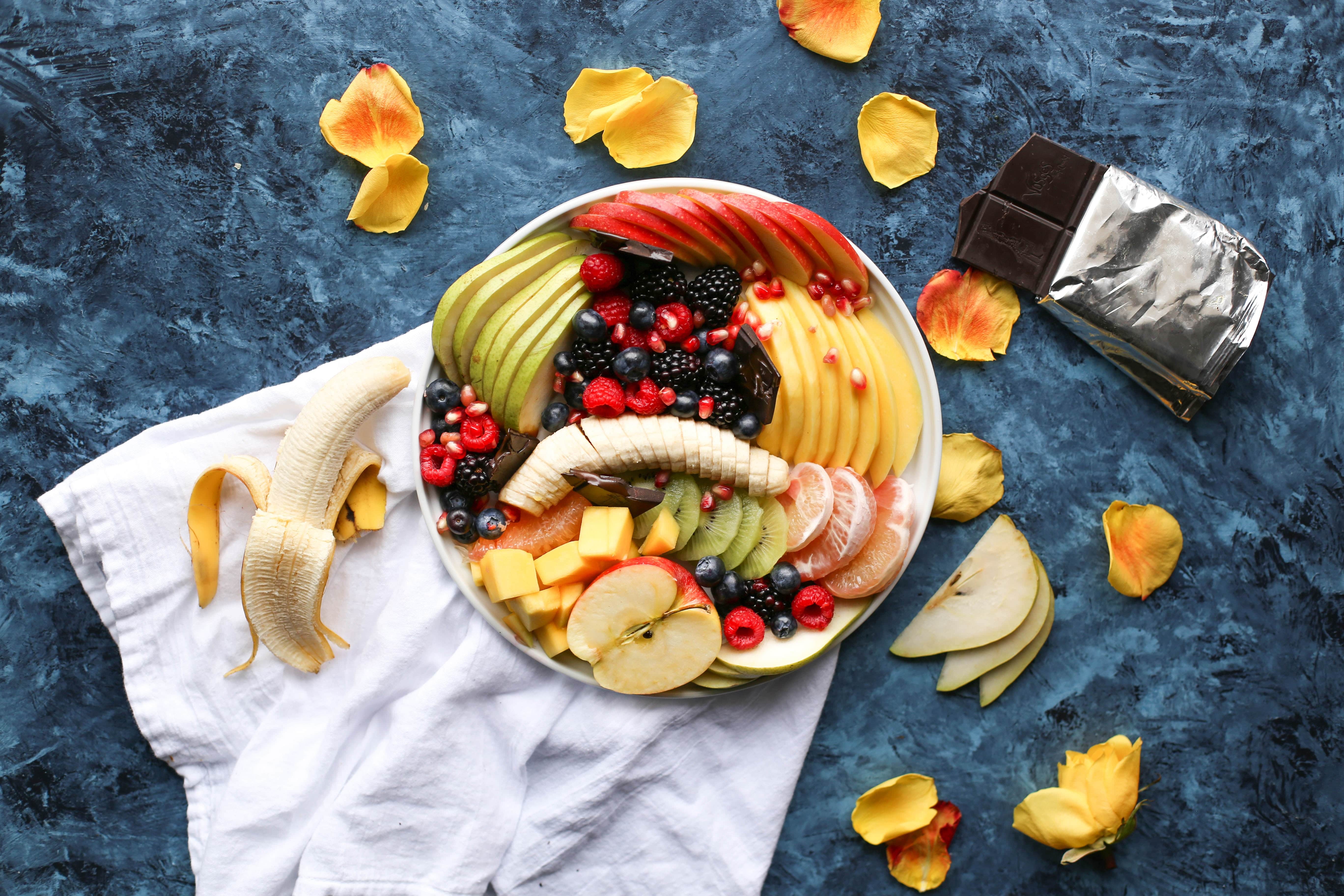If you’re looking to get the most out of your Pilates classes, then it’s important that you’re fuelling your body with the right foods. Certain foods can help improve your flexibility, strength, and overall energy levels, allowing you to get more from each class.
Achieving wellness is a combination of daily, healthy-living practices – and this includes ensuring your diet contains the right food groups to provide your body with the essential nutrients it needs to thrive. In this blog post, we will discuss five of the best foods to include in your diet if you want to see better results from your Pilates workouts.
Food Groups You Should Include in Your Daily Diet
1: Fruits and Vegetables
Fruits and vegetables are packed with vitamins, minerals, antioxidants, and fibre. They’re also low in calories, making them a great option if you’re trying to lose weight or maintain a healthy weight. Eat a variety of fruits and vegetables each day to get the most benefit.
How Do Fruits and Veggies Benefit Your Body?
Fruits and vegetables are an important part of a healthy diet. They’re packed with vitamins, minerals, antioxidants, and fibre. Antioxidants help protect your cells from damage. They also play a role in reducing inflammation throughout the body, which can lead to diseases such as heart disease and cancer.
Fibre is important for digestive health and regularity. It helps keep you feeling full after eating, which can aid in weight loss or weight management. Vitamins and minerals are essential nutrients that the body needs to function properly. They help support a strong immune system, healthy skin and nails, and proper organ function.

Some great fruits and vegetables to include in your diet are:
- Apples
- Oranges
- Bananas
- Berries
- Grapes
- Leafy greens
- Broccoli
- Cauliflower
- Squash
- Tomatoes
2: Whole Grains
Whole grains contain more fibre than refined grains, and they can help you feel full longer. They’re also a good source of vitamins and minerals. Choose whole-grain breads, cereals, pastas, and rice when possible.
Why You Should Include More Whole Grains in Your Diet
Whole grains are a healthier option than refined grains because they contain more fibre. Fibre is important for digestive health and regularity. It helps keep you feeling full after eating, which can aid in weight loss or weight management.
Whole grains are also a good source of vitamins and minerals. Vitamins and minerals are essential nutrients that the body needs to function properly. They help support a strong immune system, healthy skin and nails, and proper organ function.

Some great whole grains to include in your diet are: Oats, Brown rice, Quinoa, Buckwheat, Barley

Some great sources of protein to include in your diet are: Chicken, Turkey, Fish, Eggs, Beans
3: Protein
Protein provides the building blocks for your muscles and helps repair tissue damaged during exercise. Good sources of protein include meat, fish, poultry, eggs, dairy, beans, and nuts.
How Does Protein Benefit Your Body?
Protein is an essential nutrient that the body needs to function properly. It provides the building blocks for your muscles and helps repair tissue damaged during exercise.
Good sources of protein include meat, fish, poultry, eggs, dairy, beans, and nuts. Protein is also a good source of vitamins and minerals. Vitamins and minerals are essential nutrients that the body needs to function properly. They help support a strong immune system, healthy skin and nails, and proper organ function.
4: Dairy
Dairy foods are a good source of calcium, which is important for strong bones and teeth. They also contain vitamin D, which helps your body absorb calcium. Choose low-fat or fat-free dairy products when possible.
Why You Should Include Dairy in Your Diet
Dairy foods are a good source of calcium, which is important for strong bones and teeth. Calcium is also important for proper blood clotting, muscle contraction, and nerve function.
Dairy foods also contain vitamin D, which helps your body absorb calcium. Vitamin D is also important for maintaining healthy bones and teeth. It helps the body use phosphorus and calcium to build new bone tissue.
Some great sources of dairy to include in your diet are:
- Milk
- Yogurt
- Cheese
Butter is also a source of dairy, but it should be used in moderation because it is high in saturated fat. If you are lactose intolerant, there are many lactose-free dairy products available on the market today. You can also get your calcium from other sources, such as dark leafy greens and fortified foods and beverages.
Some great sources of calcium to include in your diet are:
- Dark leafy greens (such as spinach, kale, and collard greens)
- Fortified orange juice
- Fortified soy milk
- Fortified cereals
If you are vegan or lactose intolerant, there are many calcium supplements available on the market today. Vegans can also get their calcium from other sources, such as dark leafy greens and fortified foods and beverages.
Some great sources of calcium for vegans are:
- Dark leafy greens (such as spinach, kale, and collard greens)
- Fortified soy milk
- Fortified orange juice
- Fortified cereals
- Tofu
- Beans
- Almonds
- Brazil nuts
- Sesame seeds
- Chia seeds
5: Water
As simple as this may seem, water is essential for proper hydration and cell function. It helps carry nutrients to your cells and helps remove waste from your body. Water also helps keep you hydrated and helps your body function in more essential ways than you may realise!
How Much Water Should You Drink?
The recommended daily intake of water is eight glasses per day, but this may vary depending on your activity level, age, and weight. If you are pregnant or breastfeeding, you should drink more water than the recommended amount.
Some great ways to stay hydrated are:
- Drinking a glass of water with each meal
- Carrying a water bottle with you throughout the day
- Drinking herbal tea
- Eating water-rich fruits and vegetables (such as cucumbers, watermelons, tomatoes, and strawberries)

Including these five important food types in your diet will help improve the results you see from your Pilates classes. A healthy diet is an essential part of a healthy lifestyle. By including these five food groups in your diet, you are more likely to achieve your wellness goals.
What are some of your favorite healthy foods? Share them with us in the comments below! And be sure to check out our website for more tips on how to live a healthy lifestyle.



